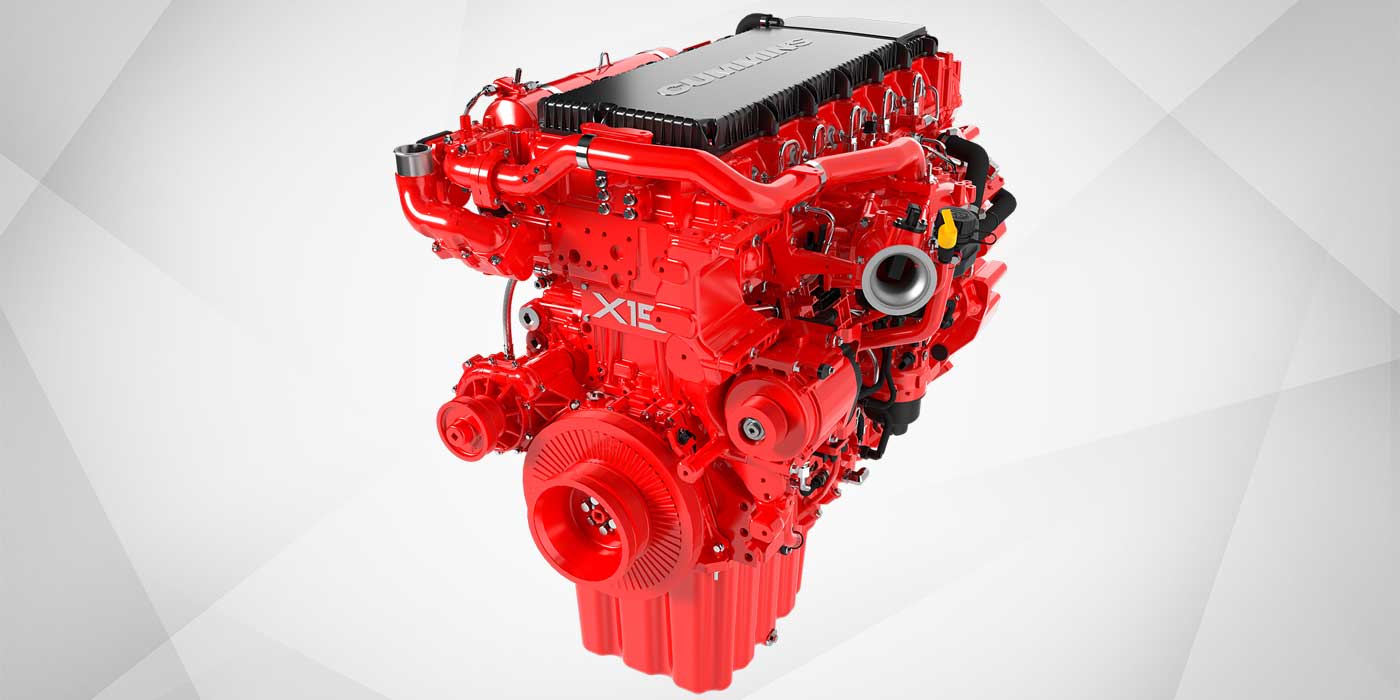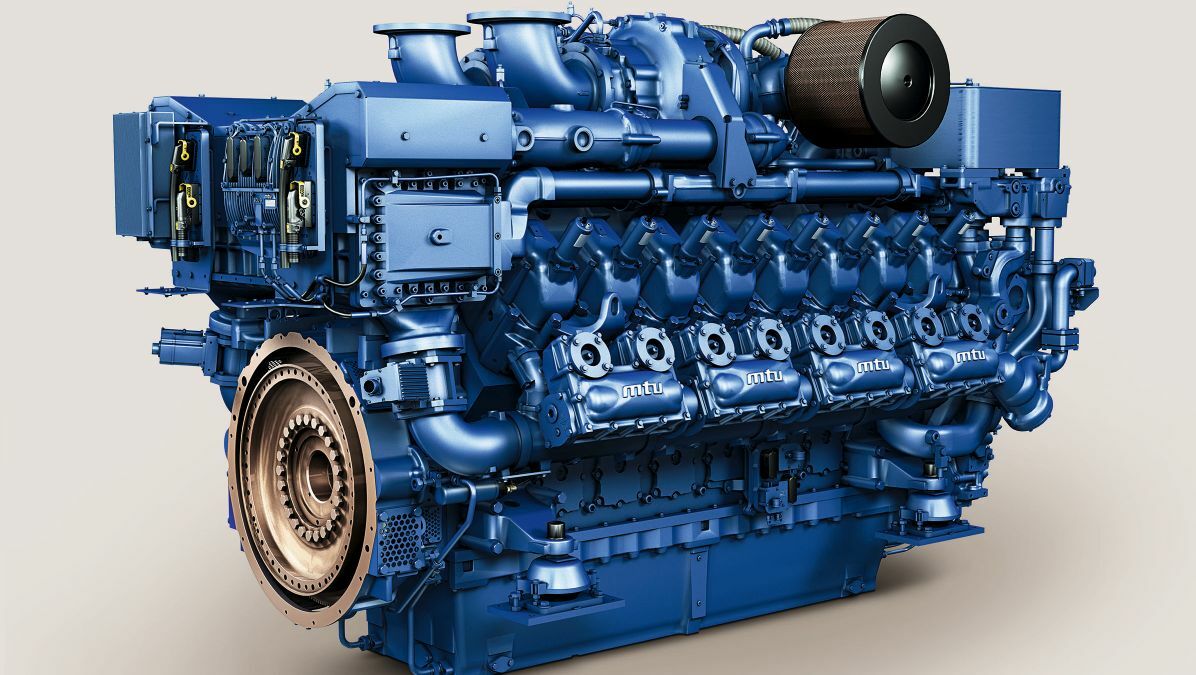Why Select Engines For Africa for Reliable Motors
A Full Guide to Choosing the Right Engine for Your Project
Selecting the ideal engine for your job is a critical choice that can substantially impact its overall success. It is critical to carefully specify your job requires, examine efficiency needs, and consider user-friendliness along with other vital aspects. In addition, recognizing the neighborhood support offered and scrutinizing expense effects can even more fine-tune your option. Each of these elements plays a crucial role in guaranteeing that your chosen engine not just fulfills prompt purposes yet additionally lines up with lasting desires. As we check out these considerations, you may find that the nuances of each aspect expose greater than initially anticipated.
Specify Your Job Demands
Specifying your task needs is a critical action in choosing the appropriate engine for successful implementation. A comprehensive understanding of your task's objectives will certainly guide you in identifying the capabilities and features needed from an engine. Begin by laying out the range of your job, consisting of the wanted functionality, target market, and the details results you aim to accomplish.
Following, consider the technological needs that straighten with your job goals. This consists of evaluating the compatibility of the engine with existing systems, along with the shows languages and frameworks that will certainly be utilized. In addition, analyze the degree of scalability needed to accommodate future growth or modifications in need.
Spending plan restraints also play a vital duty in defining your project needs. Develop a clear economic structure to direct your decision-making process, ensuring that the engine selected fits within your budget plan while supplying the essential performance.
Evaluate Efficiency Demands

Engines that support horizontal scaling are often better for larger applications. Furthermore, evaluate the engine's efficiency under various conditions, such as peak usage circumstances, to ensure it fulfills your reliability requirements.
Consider Ease of Use
While technological specifications are necessary, the simplicity of use of an engine can significantly impact the development procedure and total task success. An instinctive user interface, clear paperwork, and streamlined process can dramatically minimize the knowing contour for designers, enabling them to concentrate on imagination and analytical as opposed to coming to grips with complicated devices.
When assessing an engine's convenience of use, consider the onboarding experience. A well-structured intro, total with tutorials and sample jobs, can help with a smoother transition for new customers. Furthermore, the clearness and comprehensiveness of the engine's documentation play an essential function; extensive overviews and API references can empower designers to repair and carry out attributes efficiently.
An engine that enables for very easy modifications can be a lot more easy to use, as programmers can customize it to fit their details needs without comprehensive headache. Eventually, choosing an engine that prioritizes convenience of usage can lead to a much more efficient and pleasurable development experience.
Assess Neighborhood and Support
The toughness of an engine's area and assistance network can significantly influence a designer's experience and success. When examining an engine, consider the size and task level of its area.
Moreover, review the schedule of official assistance channels. Dependable documents, responsive consumer assistance, and normal updates are necessary for dealing with technological problems and keeping your project on track. Engines For Africa. Energetic neighborhoods likewise cultivate collaboration, providing chances for networking and comments, which can be indispensable, specifically for little groups or independent programmers
Additionally, investigate the visibility of community-run events, such as meetups or hackathons. These celebrations can enhance your understanding of the engine while attaching browse around this web-site you with seasoned customers and prospective partners. In recap, a durable neighborhood and assistance system not only streamline development however additionally create an atmosphere for discovering and development, ultimately boosting the chance of your job's success.
Compare Cost and Licensing Choices
Budget plan factors to consider play an important function in choosing the right engine for your job, as the expense and licensing alternatives can substantially impact both temporary expenditures and long-lasting viability. Engines For Africa. Different engines supply differing prices structures, which can include one-time purchase costs, membership versions, or revenue-sharing arrangements based upon your job's revenues

Accrediting options likewise differ considerably. Some engines are open-source, supplying adaptability and community-driven assistance, while others may need proprietary licenses that limit use and distribution. Recognizing the ramifications of each licensing version is essential, as it impacts ownership legal rights, future scalability, and possible lawful commitments.
Verdict
To conclude, selecting the suitable engine for a project demands a thorough assessment of defined job needs, performance needs, ease of important link usage, area support, and price considerations. By systematically addressing these essential elements, decision-makers can make sure placement with both current and future job demands. A knowledgeable choice eventually improves the possibility of project success, anchor enabling efficient source appropriation and maximizing possible end results within the defined budgetary constraints.
Selecting the appropriate engine for your task is a vital choice that can dramatically impact its general success.Defining your project requires is a crucial action in choosing the suitable engine for successful application. A detailed understanding of your job's purposes will certainly assist you in determining the abilities and features needed from an engine.As soon as you have a clear understanding of your project needs, the following action is to evaluate the performance needs of the engine.In final thought, selecting the appropriate engine for a task necessitates a complete examination of defined task requirements, efficiency requirements, convenience of usage, area assistance, and cost considerations.